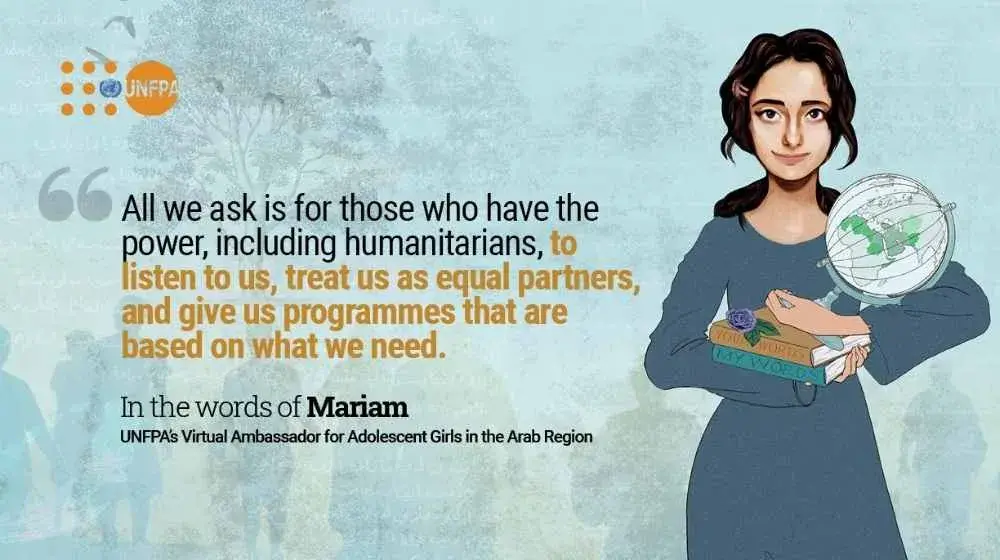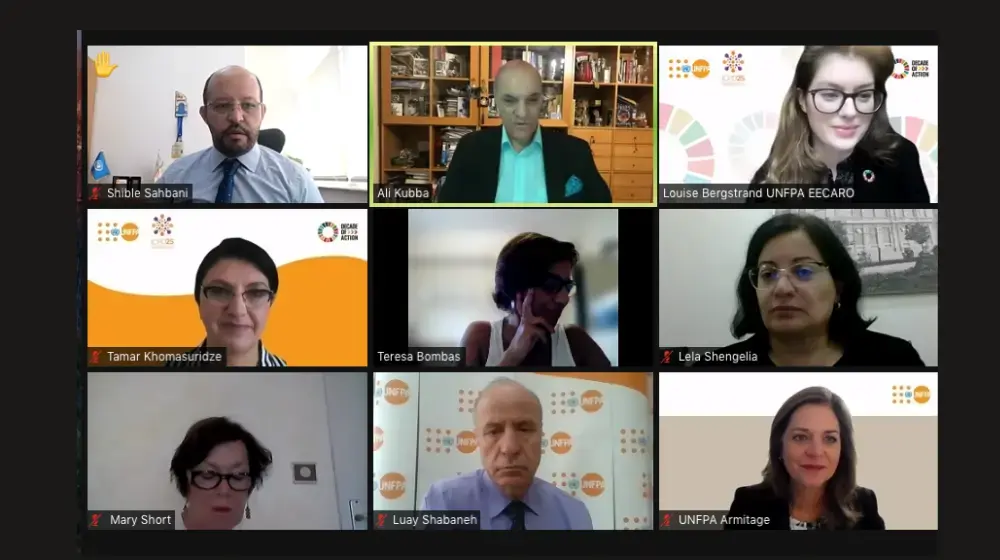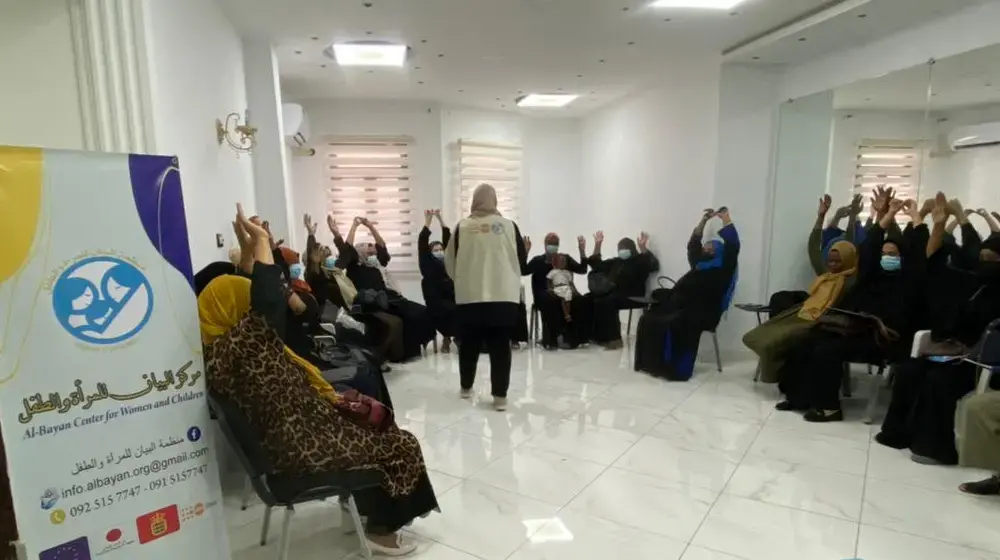Girls are born with power. Every girl has within her possibilities that should flourish as she moves into adulthood, shaping her future and, with it, the world.
We see examples of this everywhere, in the girls at the vanguard of movements calling for climate justice, universal education and more. The transformative imprint of incredible women – those whose potential was fulfilled – is visible everywhere, from legislation to life-saving vaccines to the frontiers of technology.
But there are so many girls in the world whose inherent power is unrealized. Their rights are denied, their choices and chance to thrive are undermined. As a result, we all miss out on what these girls could achieve, on the gifts their vision, ingenuity and passion could offer the world.
Today, as we mark the International Day of the Girl, we celebrate girls in the digital generation. They are harnessing the power of new technologies to carve out a better future for all. Yet as we do so, we must also call urgent attention to those left behind by gender discrimination that systematically limits girls, now and across their lifetimes. These inequalities extend to the Internet, which girls still use less than boys – up to four times less in some countries. This digital divide compounds longstanding gender disparities.
The COVID-19 pandemic has shown how quickly inequalities can multiply: Under school closures, girls who lack Internet access have seen losses in education, health information and care. In many places, girls denied an education face an increased risk of being married off against their will. The realization of many rights is increasingly predicated on digital access, which can help girls find information, connect with peers, build social movements, explore their identities, track their periods and find help for harassment or violence.
Without such access, girls face major barriers to achieving their sexual and reproductive health and rights and bodily autonomy. Those in a refugee camp or poor community may have no options for nearby services that respond to their sexual and reproductive health needs with kindness and understanding. The shame or embarrassment they may feel in asking questions about sex or gender identity is more readily overcome in the anonymity of the online world.
Digital technologies have their downsides, of course. Girls with access to these technologies face mounting risks from various forms of cyberviolence. Access for girls with disabilities remains insufficient, and local language availability is far too limited. These issues, too, reflect harmful gender power imbalances.
We must not tolerate a digital world that reinforces inequality. Instead, let’s use these tools to close the gender power gap for girls. We can do this through projects like Mandukhai, a new chatbot developed by UNFPA to reach Mongolian adolescents with accurate sexual and reproductive health information. Let’s apply these technologies to help girls achieve their rights and secure their bodily autonomy. This is what happened when a young woman in India used the information provided by a UNFPA-supported mobile ‘edutainment’ service to save a friend from child marriage.
Girls aren’t just using these tools; they are creating them. Let’s support them. UNFPA has teamed up with private sector partners in a number of countries to provide the mentorship and resources girls need to design innovative digital solutions for a more equal future.
Together, let’s create a digital world that is accessible and safe for all, and build a future in which every girl is able to realize her full potential and power.




